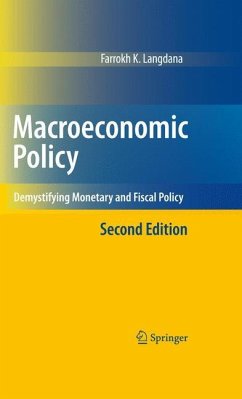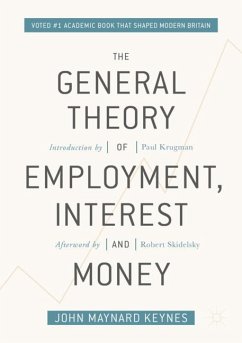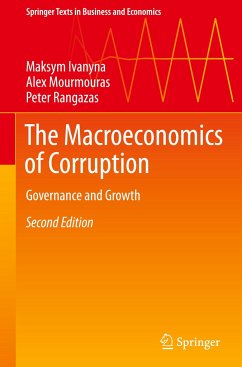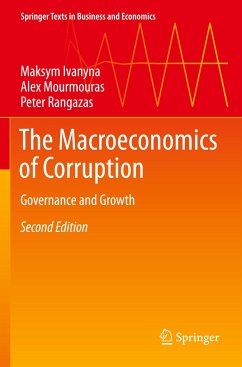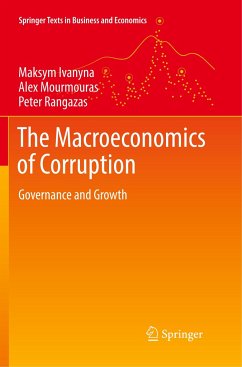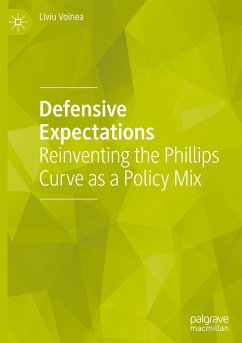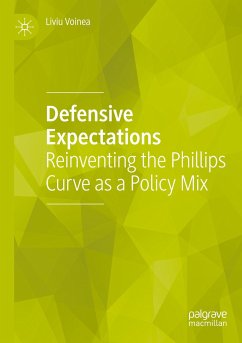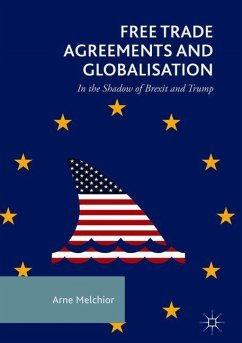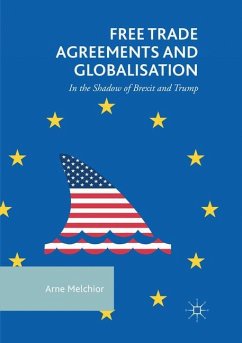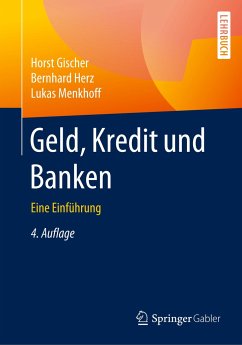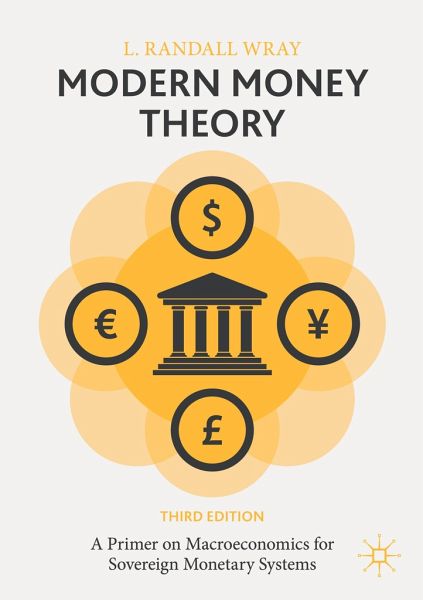
Modern Money Theory
A Primer on Macroeconomics for Sovereign Monetary Systems
Versandkostenfrei!
Versandfertig in 6-10 Tagen
31,99 €
inkl. MwSt.
Weitere Ausgaben:

PAYBACK Punkte
16 °P sammeln!
This book, a revised new edition, examines how money is created and how it functions within global exchange rate regimes to highlight how monetary policy can promote economic growth, full employment, and price stability. It provides an introduction to the basics of macroeconomic accounting and the domestic monetary system, as well as fiscal operations, tax policy for sovereign nations, alternative exchange rate regimes. New topics, including central bank clearing, responses to the COVID-19 pandemic, the rise of inflation, and how to finance a Green New Deal, are also discussed.Modern Money The...
This book, a revised new edition, examines how money is created and how it functions within global exchange rate regimes to highlight how monetary policy can promote economic growth, full employment, and price stability. It provides an introduction to the basics of macroeconomic accounting and the domestic monetary system, as well as fiscal operations, tax policy for sovereign nations, alternative exchange rate regimes. New topics, including central bank clearing, responses to the COVID-19 pandemic, the rise of inflation, and how to finance a Green New Deal, are also discussed.
Modern Money Theory provides the reader with a framework for understanding real world economies. It will be relevant to students, researchers, and policymakers interested in monetary policy.
Modern Money Theory provides the reader with a framework for understanding real world economies. It will be relevant to students, researchers, and policymakers interested in monetary policy.



